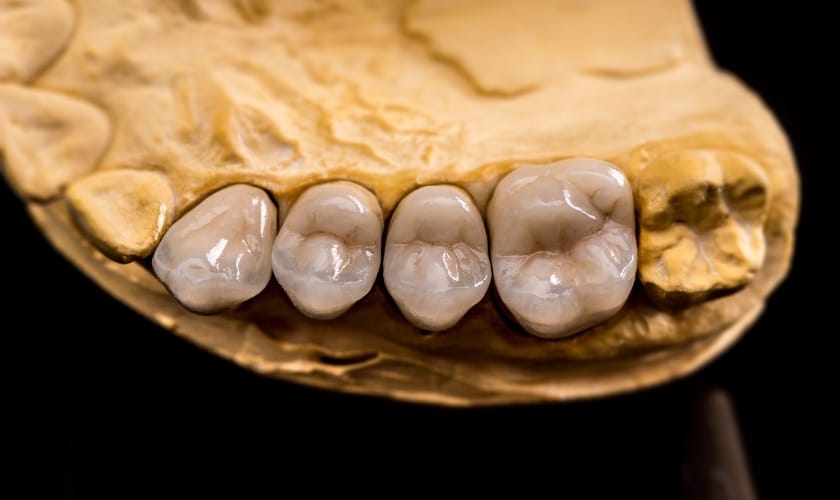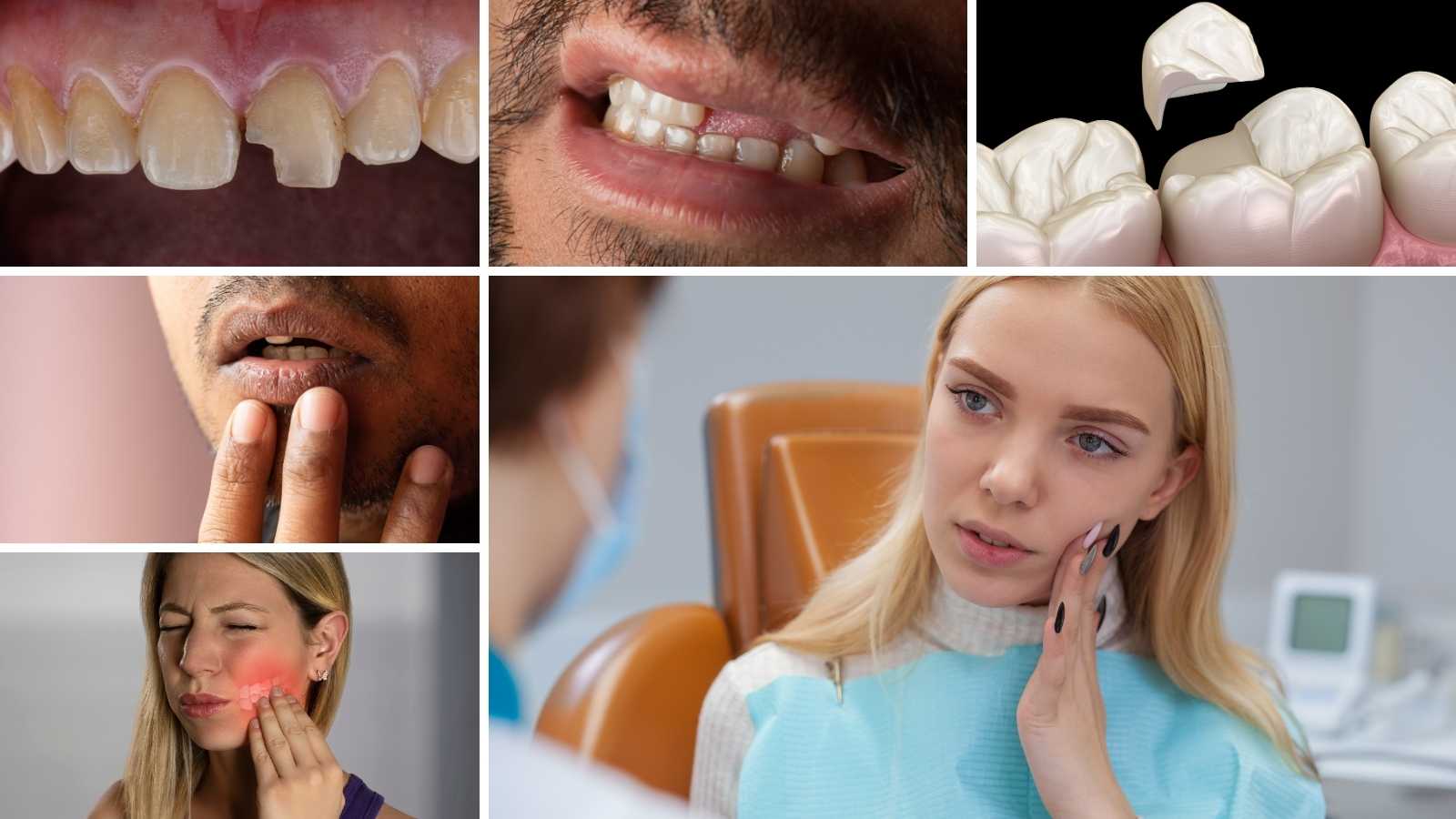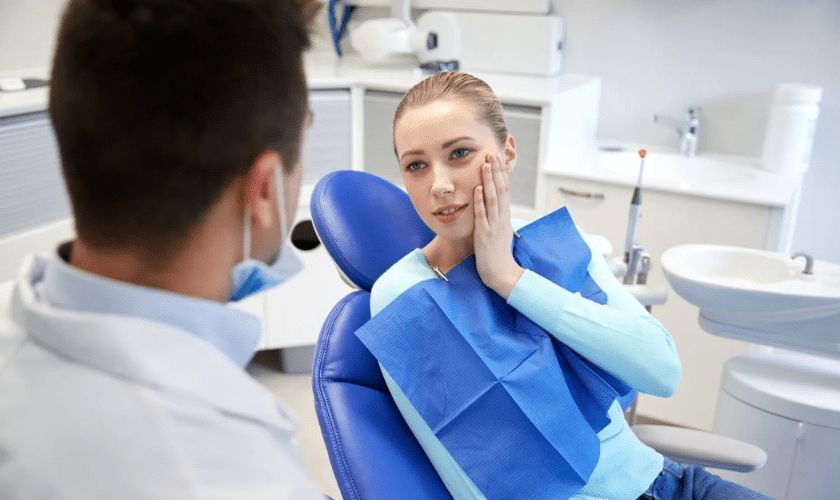
July 11, 2024
Imagine you’re enjoying a day out with friends when suddenly, you feel a sharp pain in your tooth, or worse, you knock a tooth out entirely. Dental emergencies are unpredictable and can strike at the most inconvenient times, leaving you in pain and unsure of what to do next. Whether it’s a severe toothache, a broken tooth, or a lost filling, knowing how to handle these situations can make all the difference in saving your tooth and alleviating pain. This comprehensive guide will walk you through the necessary steps to take during common dental emergencies, ensuring you’re well-prepared for any unexpected dental crisis. Read on to equip yourself with vital knowledge that could save your smile.
Understanding Dental Emergencies
Not all dental issues require emergency care. However, some conditions warrant immediate attention to prevent further damage or complications. Understanding the difference between urgent and non-urgent dental issues is crucial.
Urgent Dental Issues:
- Severe toothaches
- Knocked-out teeth
- Broken or cracked teeth
- Lost fillings or crowns
- Abscesses or severe infections
Non-Urgent Dental Issues:
- Minor toothaches
- Small chips or cracks
- Loose fillings or crowns
Knowing when to seek emergency care can save you from unnecessary visits and ensure you get prompt treatment when needed.
Immediate Actions for Common Dental Emergencies
Handling dental emergencies promptly and correctly can prevent further damage and ease pain. Here’s what you should do in common scenarios:
Severe Toothache
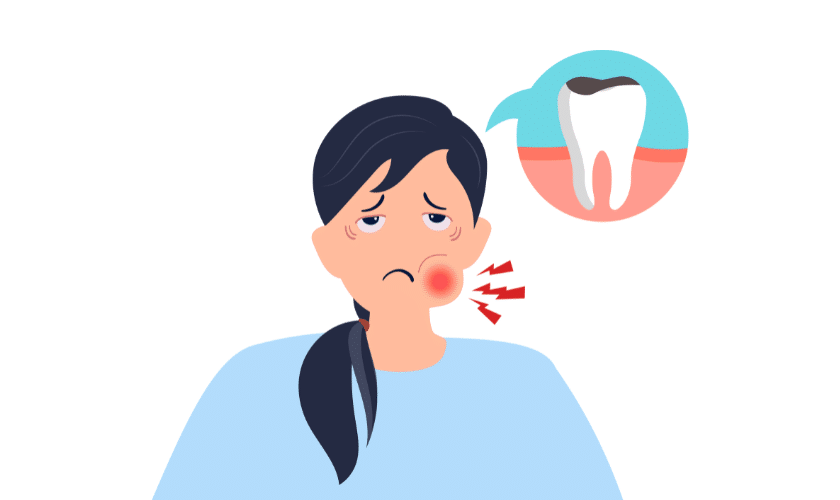
Toothaches can be excruciating, often indicating underlying issues like decay, infection, or gum disease. Here’s how to manage a severe toothache:
- Rinse with Warm Salt Water: This helps reduce inflammation and cleanse the affected area.
- Use Cold Compresses: Apply a cold compress outside your cheek to numb the pain and reduce swelling.
- Take Over-the-Counter Pain Relievers: Medications like ibuprofen can help manage pain temporarily.
- Visit Your Dentist: Schedule an appointment as soon as possible to address the root cause of the pain.
Knocked-Out Tooth
A knocked-out tooth is a serious dental emergency requiring immediate action to increase the chances of saving the tooth. Follow these steps:
- Retrieve the Tooth: Hold it by the crown, avoiding touching the root.
- Rinse the Tooth: Gently rinse with water, avoiding scrubbing or using soap.
- Reinsert the Tooth: If possible, place the tooth back into its socket and hold it in place with clean gauze or a cloth.
- Keep the Tooth Moist: If reinsertion isn’t possible, place the tooth in milk or a tooth preservation product.
- See Your Dentist Immediately: Immediate professional care is crucial for the best outcome.
Broken or Cracked Tooth

A broken or cracked tooth can be painful and requires prompt care to prevent further damage or infection. Here’s what to do:
- Rinse Your Mouth: Use warm water to clean the area gently.
- Apply Cold Compresses: Reduce swelling by applying a cold compress to your cheek.
- Save Any Pieces: If a piece of the tooth is broken off, save it and bring it to the dentist.
- Use Gauze for Bleeding: If there’s bleeding, apply gauze to the area for 10 minutes or until the bleeding stops.
- Visit Your Dentist: Seek immediate dental care to repair the damage.
Lost Fillings or Crowns
Losing a filling or crown can leave your tooth vulnerable to damage and infection. Here’s how to handle it:
- Keep the Filling or Crown: If possible, save the lost filling or crown.
- Protect the Tooth: Use dental cement, available at pharmacies, to cover the exposed tooth.
- Avoid Sticky Foods: Prevent further damage by avoiding sticky or hard foods.
- See Your Dentist Promptly: Get professional care to restore the tooth.
Abscesses or Severe Infections
Dental abscesses or severe infections can be life-threatening if not treated promptly. Symptoms include severe pain, swelling, fever, and a bad taste in the mouth. Here’s what to do:
- Rinse with Salt Water: Help reduce pain and draw out pus with a warm salt water rinse.
- Apply Cold Compresses: Reduce swelling and pain with a cold compress.
- Take Pain Relievers: Use over-the-counter pain medication to manage discomfort.
- Seek Immediate Dental Care: Visit your dentist or an emergency room if necessary.
Preventive Measures to Avoid Dental Emergencies
While not all dental emergencies can be prevented, taking certain precautions can significantly reduce your risk. Here are some tips to help you maintain good dental health and avoid emergencies:
Regular Dental Checkups
Routine dental checkups are essential for maintaining oral health. Regular visits allow your dentist to identify and address potential issues before they become emergencies. Aim for biannual checkups and cleanings to keep your teeth and gums healthy.
Proper Oral Hygiene
Good oral hygiene practices are the foundation of dental health. Brush your teeth at least twice a day, floss daily, and use mouthwash to keep your mouth clean and free of harmful bacteria. Proper oral hygiene can prevent cavities, gum disease, and other dental issues that could lead to emergencies.
Avoiding Harmful Habits
Certain habits can increase your risk of dental emergencies. Avoid chewing on ice, hard candies, and other hard objects that can crack or break your teeth. Additionally, refrain from using your teeth as tools to open packages or bottles.
Using Protective Gear
If you participate in contact sports or activities that pose a risk to your teeth, wear a mouthguard. A properly fitted mouthguard can protect your teeth from trauma and prevent dental emergencies.
Being Mindful of Food Choices
Your diet plays a significant role in your dental health. Limit sugary and acidic foods and drinks that can erode enamel and lead to cavities. Instead, opt for a balanced diet rich in fruits, vegetables, and dairy products that support strong teeth and gums.
When to Seek Professional Help
Knowing when to seek professional dental care is crucial in managing dental emergencies. While some situations can be managed at home temporarily, others require immediate attention. Contact your dentist if you experience any of the following:
- Severe or persistent toothache
- Swelling in your gums or face
- Difficulty chewing or swallowing
- Broken, chipped, or knocked-out teeth
- Lost fillings or crowns
- Signs of infection, such as fever or pus
Preparing for Dental Emergencies
Being prepared for dental emergencies can help you manage them more effectively. Here are some steps you can take to ensure you’re ready:
Create a Dental Emergency Kit
Having a dental emergency kit on hand can provide you with the necessary tools to manage a dental crisis. Include items such as:
- Gauze pads
- Cotton balls
- Over-the-counter pain relievers
- Temporary dental cement
- A small container with a lid
- A cold compress or ice pack
- Contact information for your dentist
Know Your Dentist’s Emergency Protocol
Familiarize yourself with your dentist’s emergency protocol. Know their after-hours contact information and any specific instructions for handling emergencies. Some dental practices have emergency services available, while others may refer you to an emergency room or another dental professional.
Stay Calm and Act Quickly
In a dental emergency, staying calm and acting quickly can make a significant difference. Follow the steps outlined in this guide for the specific emergency you’re facing, and seek professional help as soon as possible.
Handling Dental Emergencies in Children
Children are particularly prone to dental emergencies due to their active lifestyles. Knowing how to handle these situations can help you protect your child’s dental health.
Toothaches in Children
Toothaches in children can be caused by various factors, including cavities, gum disease, and teething. Here’s how to manage a child’s toothache:
- Rinse with Warm Salt Water: Help reduce inflammation and cleanse the affected area.
- Use Cold Compresses: Apply a cold compress to the outside of the cheek to numb the pain.
- Administer Pain Relievers: Use child-safe over-the-counter pain relievers to manage discomfort.
- Consult a Pediatric Dentist: Schedule an appointment to address the underlying cause of the toothache.
Knocked-Out Tooth in Children
If your child loses a permanent tooth, follow these steps to increase the chances of saving it:
- Retrieve the Tooth: Hold it by the crown, avoiding the root.
- Rinse the Tooth: Gently rinse with water, avoiding scrubbing or using soap.
- Reinsert the Tooth: If possible, place the tooth back into its socket and have your child hold it in place with clean gauze.
- Keep the Tooth Moist: If reinsertion isn’t possible, place the tooth in milk or a tooth preservation product.
- Seek Immediate Dental Care: Visit a pediatric dentist as soon as possible for the best outcome.
Broken or Chipped Tooth in Children
A broken or chipped tooth can be distressing for both you and your child. Here’s what to do:
- Rinse the Mouth: Use warm water to clean the area gently.
- Apply Cold Compresses: Reduce swelling by applying a cold compress to the cheek.
- Save Any Pieces: If a piece of the tooth is broken off, save it and bring it to the dentist.
- Visit a Pediatric Dentist: Seek prompt dental care to repair the damage.
The Importance of Professional Dental Care
Professional dental care is essential for maintaining oral health and preventing emergencies. Regular checkups, cleanings, and professional treatments help keep your teeth and gums healthy, reducing the risk of unexpected issues.
Regular Dental Visits
Routine dental visits allow your dentist Geneva to monitor your oral health and catch potential problems early. During these visits, your dentist will perform thorough cleanings, exams, and any necessary treatments to maintain your dental health.
Professional Treatments
Certain dental treatments can help prevent emergencies. Sealants, fluoride treatments, and orthodontic care can address issues before they become severe. Consult your dentist about preventive treatments that may benefit your oral health.
Emergency Dental Services
Many dental practices offer emergency services for urgent issues. Knowing that professional help is available can provide peace of mind and ensure you receive prompt care when needed. Keep your dentist’s contact information handy and familiarize yourself with their emergency protocols.
Dental emergencies can be stressful and painful, but knowing how to handle them can make a significant difference. By following the steps outlined in this guide, you can manage common dental emergencies effectively and reduce the risk of further damage. Remember to stay calm, act quickly, and seek professional care when necessary. Your dentist in Geneva is here to help you through any dental crisis, providing the expertise and support you need to maintain your oral health. If you ever face a dental emergency, don’t hesitate to contact your emergency dentist in Geneva for prompt and professional care.
